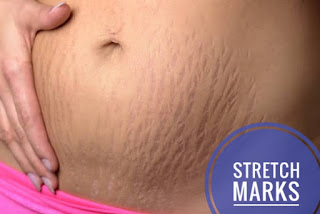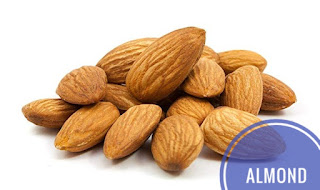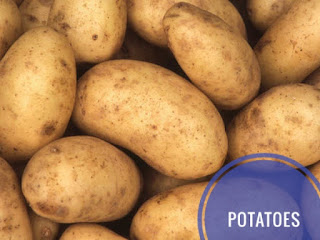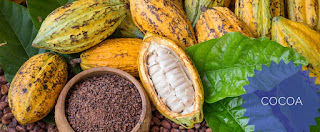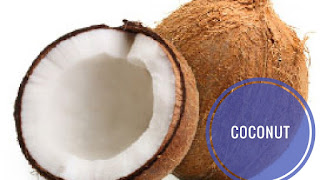Saturday 9 September 2023
The Impact of Weight Gain in Middle Age: Increased Risk of Premature Death and Cardiovascular Events
Sunday 3 September 2023
Researchers have identified a roundworm typically found in snakes within the human brain.
Patients treated by female doctors have a lower risk of complications, according to research.
Saturday 18 July 2020
Best Ways of Removing Stretch Marks #stretchmark
Wednesday 7 February 2018
Scientists say earliest Britons had dark skin

The oldest human remains found in the United Kingdom belonged to a man with dark skin and blues, a study by scientists in the UK has found.
Researchers at University College London and the British Natural History Museum reconstructed how the man, who lived 10,000 years ago, would have looked using the latest DNA analysis techniques and 3D-scanning of his skull.
Known as “Cheddar Man” after the southern English village where he was found in 1903, the man had “dark to black skin” and dark curly hair, according to the researchers.
DNA was recovered from the man’s skull and information about his physical characteristics was obtained by mapping the genetic data collected.
Genetic information is usually difficult to obtain in remains as old as Cheddar Man but had been preserved in his case thanks to the cool conditions inside the limestone cave where he was found.
“I first studied ‘Cheddar Man’ more than 40 years ago, but could never have believed that we would one day have his whole genome – the oldest British one to date,” said Professor Chris Stringer of the Natural History Museum.
“To go beyond what the bones tell us and get a scientifically -based picture of what he actually looked like is a remarkable – and from the results quite surprising – achievement.”
The scientists involved in the study explained that Cheddar Man’s ancestors were part of a population that travelled out of the Middle East and then on to Europe.
At least 10 percent of British ancestry can be linked to that population, they said.
A documentary on the findings will air in the UK’s Channel 4 TV station on February 18.
Previous studies have indicated that genes responsible for lighter features common in people of European descent developed at some over 8,000 years ago.
Source: sunnewsonline
Barely 24 Hours After Army's Exit Okuama-Ewu Community Confronts Invaders in Violent Clash
According to an article published by Vanguard News on May 10, 2024, a clash occurred in the Okuama-Ewu Community in Ughelli Sout...




